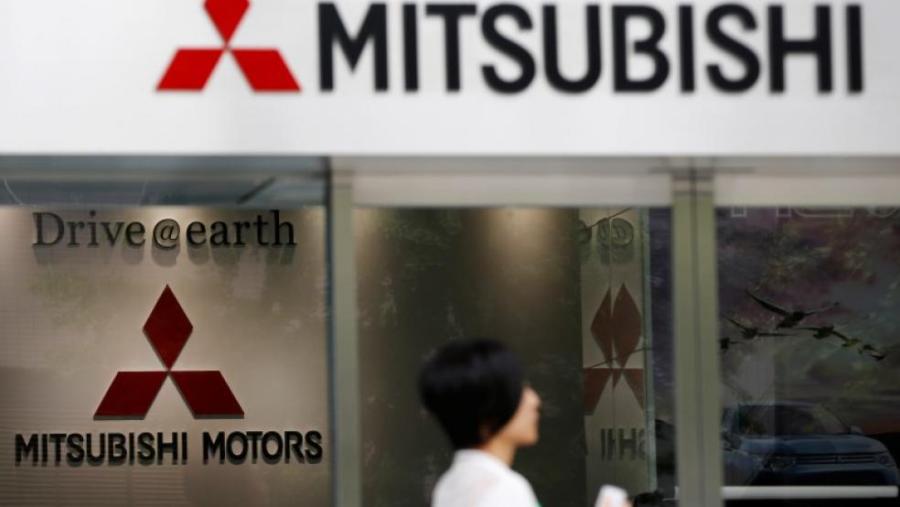 On Thursday, shares of Mitsubishi Motors were not traded as they were swamped with massive sell orders and were ready to hit a new record low after the automaker based in Japan admitted to manipulating data on fuel economy.
On Thursday, shares of Mitsubishi Motors were not traded as they were swamped with massive sell orders and were ready to hit a new record low after the automaker based in Japan admitted to manipulating data on fuel economy.
The sixth largest Japanese automaker announced on Wednesday that it had manipulated the test data to overstate fuel economy in over 625,000 cars, which the Japanese government called an extremely serious situation.
Mitsubishi Motors said it stopped manufacturing and selling the eK mini-wagons for its domestic market after the Nissan Motor Co., which markets a model similar to what Mitsubishi makes, found a fuel efficiency discrepancy in the test data.
While Mitsubishi has said its cars were sold just in Japan, the overall impact might be felt far broader than that.
The auto analyst wrote that in addition to the direct costs from the scandal, secondary effects on sales worldwide could become very large.
The analyst added that Mitsubishi has tied the brand to technology that is environmentally friendly with its plug-in fuel sipping hybrids and electric vehicles.
Under rules of the stock market in Tokyo, if there are no trades made in shares of Mitsubishi Motors for the entire day on Thursday, they will be considered to have closed at the price indicated.
On Thursday, that indicated price was 583 yen, the lowest it is able to go for that day, which represented a drop of 20% from the close on Wednesday.
A drop to the 583 yen level would take shares of Mitsubishi below its record low of previously of 660 yen. It would also mean they have lost one third of their market valuation or over $2.5 billion in just two days.
Revelations of this cheating come after a cover up scandal, which brought the automaker near the brink of collapse about 10 years ago.
At the time, the automaker admitted that it systematically concealed defects during many decades.
